Singapore
Christmas shopping habits revealed
Christmas shopping habits revealed
Ever wondered how much Singaporeans spend on Christmas gifts for families, friends and colleagues? A recent survey commissioned by hypermarket chain Giant Singapore revealed insights on how much a shopper spends, where they spend it, who they spend it on and on what kind of Christmas gifts.
Using smart tools to help small businesses
Xero recently announced its largest launch of new products as it evolves from an online accounting software to a global small business platform to help grow more businesses around the world.
Trends driving enterprise IT transformation in 2018
Many of the hype-technologies of recent years such as software-defined networking (SDN), the Internet of Things (IoT) and Artificial Intelligence (AI) to name but a few – are now in the mainstream, and 2018 is the year when attention will turn to what organisations do with them.
M-commerce in Singapore set for explosive growth in next five years: report
Singapore has outpaced its neighbours to become the third largest e-commerce market in South-east Asia but a saturation point may be on its way, according to Worldpay’s annual Global Payments Report.
Carousell launches Smart Listings
Mobile classifieds marketplace Carousell recently introduced a new feature that helps users to sell their items faster.
Consumers' sentiments on customer data security revealed
A majority (70%) of consumers would stop doing business with a company if it experienced a data breach, according to a survey of more than 10,000 consumers worldwide conducted on behalf of computer security service provider Gemalto.
Survey reveals what makes customers happy (and angry)
According to the 2017 SAP Hybris Consumer Insights Report, 89% customers expect an answer to their query within 24 hours.
New Japanese store to set Singapore aglow
Established Japanese fashion retailer Lumine opened its first store outside Japan in Singapore on with a grand opening last weekend.
Black Friday tips for retailers
Black Friday and Cyber Monday mania will continue this year with a wider range of businesses expected to get in on the online action, according to payment processing company Worldpay.
Alcohol delivery service secures US$3.4 million in pre-Series A funding round
Mobile-based on-demand beverage delivery service BottlesXO has raised US$3.4 million in a pre-Series A funding round, from an undisclosed private equity firm in Singapore.
Deploying next-generation video analytics for smarter surveillance
Gorilla Technology, a global provider of video intelligence and Internet of Things (IoT) technology, recently released the Intelligent Video Analytics Recorder (IVAR) solution using the combination of ground-breaking real-time analytics and deep learning for facial and license plate recognition technology.
App encourages diners to ride the cashless wave
WAAVE, a mobile concierge service, has added machine learning and artificial intelligence (AI) technology to its offerings to understand users’ habits, offer tailored suggestions and improve customer experience.
New working space for creatives integrates retail elements
Singapore recently welcomed its first and largest independent design resource workspace MOX, which was designed with the creative communities in mind.
Mobile wallets evolving into lifestyle platform for Chinese consumers
With enhanced technology, a simple tap is all it takes to pay for purchases these days. Dr Cherry Huang, general manager, cross-border business, Alipay South and South-east Asia, tells Muneerah Bee how the company is expanding its mobile payment services in the region.
Succeeding with big data and an omni-channel approach
Is new retail the retail saviour the industry needs in the region?
Giving small businesses simplified wi-fi through a mobile app
Aruba, a Hewlett Packard Enterprise company, recently announced a new solution designed to give small businesses secure and reliable business-grade wi-fi with easy to set-up access points (AP) and an intuitive mobile app.
New retail platform to cultivate Singapore designers in 2018
Design Orchard, a development to nurture home-grown brands and profile design talent, is looking for up-and-coming Singapore designers to participate in its retail showcase component.

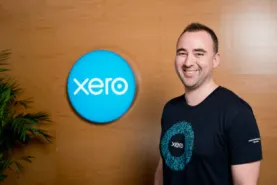






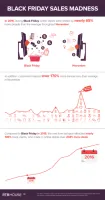

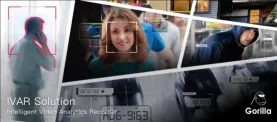
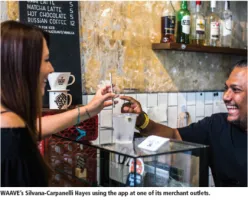
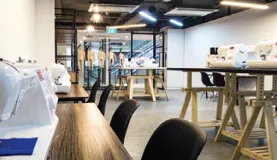
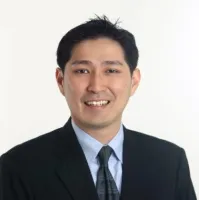


 Advertise
Advertise













Commentary
The festive season is a revenue moment – don't let friction or fraud derail it
All that glitters: Is luxury losing its shine, or finding a new one in Asia?